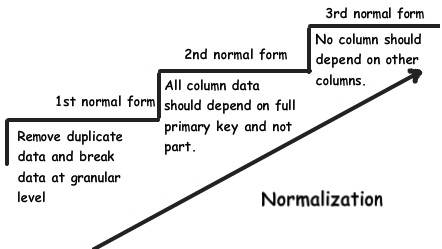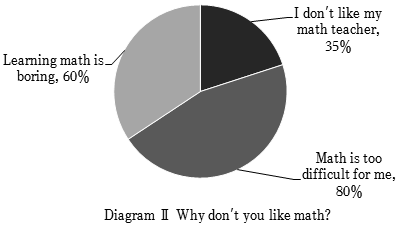Understanding the Implications of Does Student Loan Debt Die With You: What Borrowers Need to Know
Guide or Summary:IntroductionThe Basics of Student Loan DebtFederal Student LoansPrivate Student LoansCo-Signing and Its ImplicationsEstate Planning and Stu……
Guide or Summary:
- Introduction
- The Basics of Student Loan Debt
- Federal Student Loans
- Private Student Loans
- Co-Signing and Its Implications
- Estate Planning and Student Loans
- Strategies for Managing Student Loan Debt
**Translation of "does student loan debt die with you":** Does student loan debt die with you
---
Introduction
When it comes to student loans, many borrowers often wonder about the fate of their debt after they pass away. The question on everyone's mind is: Does student loan debt die with you? This topic is crucial for both current students and their families, as it can have significant financial implications. In this article, we will explore the nuances of student loan debt, its impact on heirs, and what borrowers should consider when planning their financial futures.

The Basics of Student Loan Debt
Student loans are a common means of financing higher education. They can come from federal sources, such as the Department of Education, or private lenders. Regardless of the source, many borrowers accumulate significant debt, which raises concerns about what happens to that debt after their death.
Federal Student Loans
For federal student loans, the rules are relatively straightforward. If a borrower passes away, their federal student loans are discharged. This means that the debt is erased, and their estate or family members are not responsible for repayment. This provision is designed to relieve the financial burden on families during a difficult time.
Private Student Loans
The situation is different for private student loans. Many private lenders do not offer the same discharge provisions as federal loans. In some cases, if a borrower dies, the remaining balance may become the responsibility of the borrower's estate or co-signers. This can lead to significant financial strain on family members who may not have anticipated inheriting such debt.

Co-Signing and Its Implications
One crucial aspect to consider is the role of co-signers. Many students require a co-signer to secure a private loan, often a parent or guardian. If the primary borrower dies, the co-signer may be held accountable for the remaining debt. This situation can complicate matters for families, as they may be left with unexpected financial obligations.
Estate Planning and Student Loans
Given the complexities surrounding student loan debt and death, effective estate planning becomes essential. Borrowers should consider discussing their student loans with a financial advisor or estate planner. This conversation can help clarify the implications of their debt and how it may affect their loved ones.
Strategies for Managing Student Loan Debt
While it is essential to understand what happens to student loans after death, borrowers should also focus on managing their debt during their lifetime. Strategies such as income-driven repayment plans, loan forgiveness programs, and refinancing options can help alleviate the burden of student loans.

In summary, the question does student loan debt die with you is multifaceted and varies significantly between federal and private loans. Understanding these differences is crucial for borrowers and their families. By being proactive in managing debt and planning for the future, individuals can help ensure that their loved ones are not left with unexpected financial burdens.